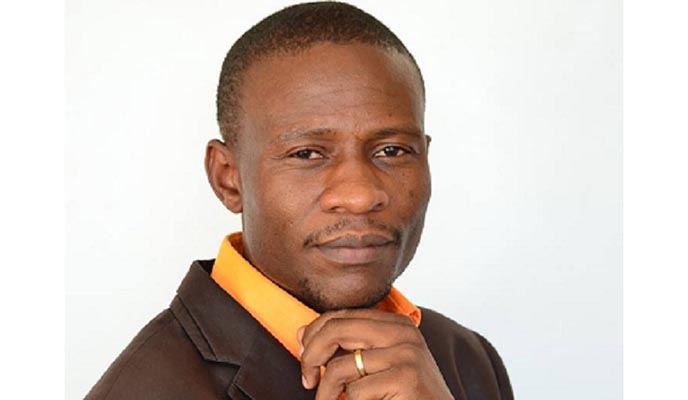
SUCCESS LIFE: JONAH NYONI
The worst problem that any country or company; is to be led by people that are less smarter than them.
We have failed States. Failed organisations. Leaders blame someone for their failing, when at times it is them that have failed us.
Africa has had leaders that have grown more powerful than the people they lead. As a result, the led become subjects; hapless and helpless, and only left to grope for the crumbs from the master’s table. When leaders become too powerful the citizens tend to be abused and to forever remain beggars of the State.
The worst mental programme that most citizens shall forever remain with is to think that the government’ mandate is to give all answers and jobs. No! The major mandate of any proper government is to make available the opportunities for the citizens to flourish, through the generation of ideas and idea realisation.
Reactive and fixation on events
We need to engage in systems thinking if ever there is to be any progress and change. Leaders are fixed on events, and end up forgetting the future. They are forever reactive, and never creative. They react to created situations. They allow the problem to come before they create opportunities. Why? It’s like they are always caught off guard and they have to douse the fire.
In the book The 5th Discipline, Peter M Senge says: “Learning to see underlying ‘structures’ rather than ‘events’ is a starting point; each of the ‘systems archetypes’ developed below suggests areas of high- and low-leverage change.”
- Chamisa under fire over US$120K donation
- Mavhunga puts DeMbare into Chibuku quarterfinals
- Pension funds bet on Cabora Bassa oilfields
- Councils defy govt fire tender directive
Keep Reading
Leadership is common sense
Leaders shun the simplicity of leadership and pursue the complexity of ruling. It is simple to guide people through a process that follows principles to success. It’s more intricate, not to follow common sense. If you are not following the true purpose of leadership, you see people as enemies that must be conquered or brutalised to produce a result; that is hard. The more you have to punish people, the more you must defend and protect yourself from them or perceived enermies; that’s complicated because it becomes a toxic web.
Earl Nightingale, in this Lead the Field said: “Success or failure as a human being is not a matter of luck, or circumstances, or fate, or the breaks, or who you know — or any other tiresome, old myths and clichés by which the ignorant tend to excuse themselves. It is a matter of following a commonsense paradigm, of rules- — guidelines anyone can follow”
The focus on positional Leadership
Leaders that focus on the position, they will always fight to remain in that position. Forget the position, and focus on influence. Most leaders are jostling, cut throat, for their posts. They fight, tooth and nail, to retain or remain in their posts. If your reason in leadership is to transform and build, the focus in never you, but the success of “us”. Positional leaders, want their authority to be felt and their personal power exerted on others. Let your position be forgotten and let your influence perpetuate and transcend your existence.
Shifting the burden
Leaders fail to lead, because they shift the burden. They blame everyone else and they want to be the all righteous. To them, external factors are what is leading to poor results. All great leaders first lead from within. If ever there is anything to change, it must be them that must change first, so that all the systems, structures and individuals under them change. Poor leaders focus on the lion (enemy) outside. They blame changes in the market, competitors, external factors,
They cling to adaptive learning
Average leaders learn only to be in a better position to react and survive. Great leaders learn to align to times, open their minds, generate better ideas. Adaptive learners are those people “who know it all” who say, “ We have always been doing things like this”. Adaptive learning is the kind of education we get mostly from our universities where we learn old systems and what used to work in the past, but never relevant now.
It’s like trying to cure a new ailment using the old pill. That is the curse of adaptive learning.
Parting Point: Most people think they lead, while in reality, they are oppressing other people. They punish fellow human beings. Leaders need to learn to lead. Leadership is about the power not to impose on others, but to empower others.











